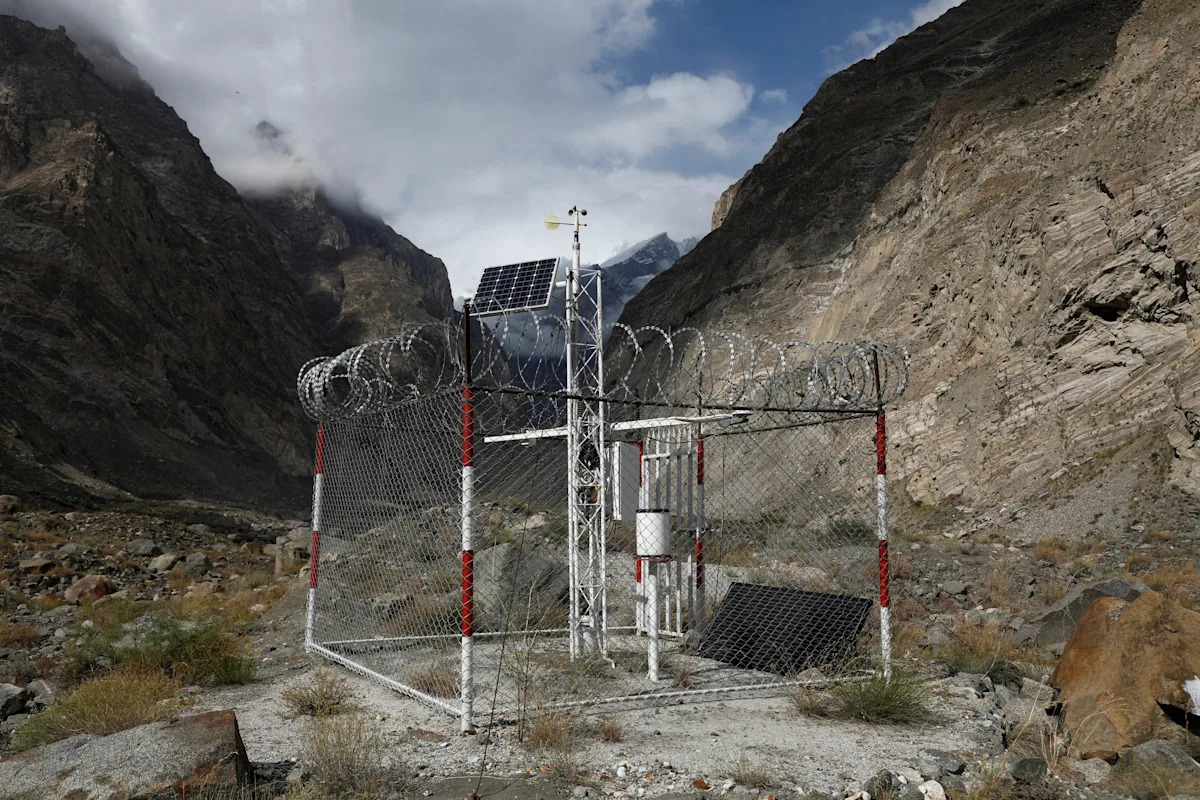Home / Disasters and Accidents / Shepherds Raise Alarm, Save Hundreds from Glacier Burst in Pakistan
Shepherds Raise Alarm, Save Hundreds from Glacier Burst in Pakistan
13 Oct
Summary
- Shepherd Wasiyat Khan alerted villagers to evacuate before glacier burst
- Indigenous knowledge used to predict floods when early warning systems fail
- Pakistan faces increasing climate risks from glacier melt and floods

In October 2025, a glacier burst in northern Pakistan's Gilgit-Baltistan region, triggering a flood that threatened nearby villages. When the loud explosion woke up shepherd Wasiyat Khan in the middle of the night, he immediately sprang into action.
Accompanied by his family, Wasiyat had taken his livestock to higher ground for grazing during the warmer months. Realizing the explosion was from a glacier bursting, he quickly alerted the 300 villagers in the area, who were able to evacuate safely before the floodwaters swept away their temporary accommodations.
While the villagers escaped unharmed, Wasiyat and his family were left with nothing, stranded near the glaciers in the cold. Hours later, they were rescued and returned to find their homes and land covered in mud, but no lives were lost thanks to Wasiyat's quick thinking.
This incident highlights the growing climate risks faced by northern Pakistan, where glacial lake outburst floods are becoming more common due to accelerating glacier melt. The government has invested in early warning systems, but many residents say they are more reliant on traditional knowledge passed down through generations to predict and respond to such disasters.
Shepherds like Wasiyat and Mohammad Hussain use natural signs like heavy rainfall, cloud formations, and animal behavior to warn their communities. In one case, Hussain fired his gun three times, a pre-agreed signal, to alert villagers of an impending flood, demonstrating the effectiveness of this "human early warning system."
As Pakistan grapples with the impacts of climate change, the country's northern regions remain vulnerable to unpredictable weather patterns and melting glaciers. While the government continues to improve its early warning infrastructure, the resilience and quick thinking of local communities may prove crucial in saving lives in the face of these growing climate threats.



